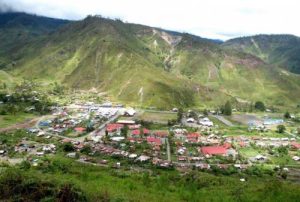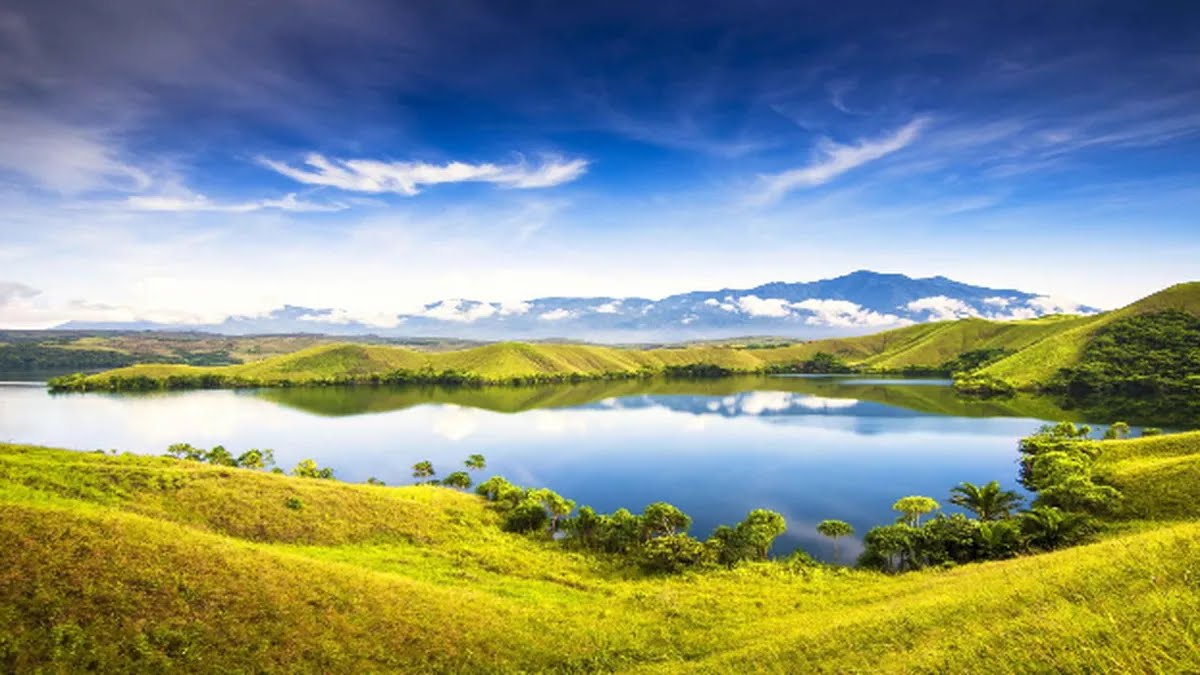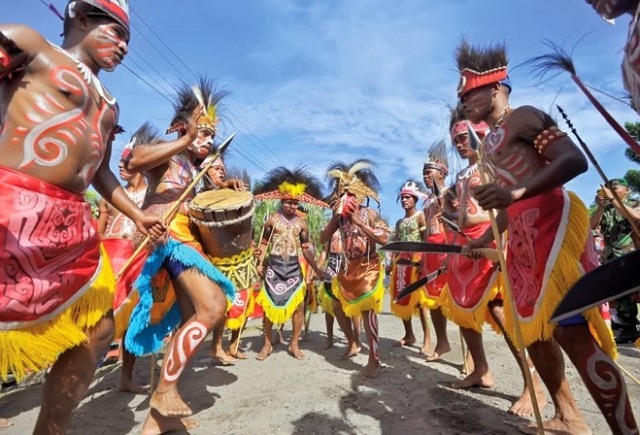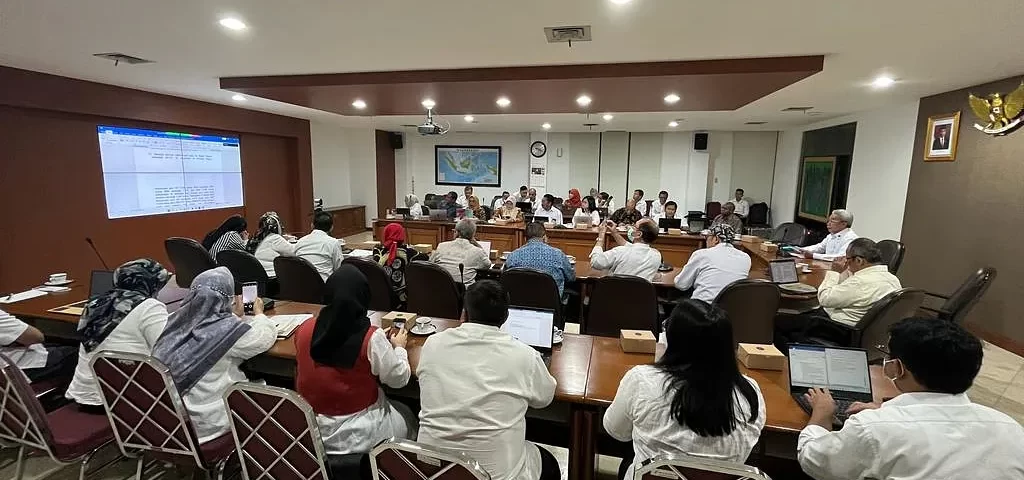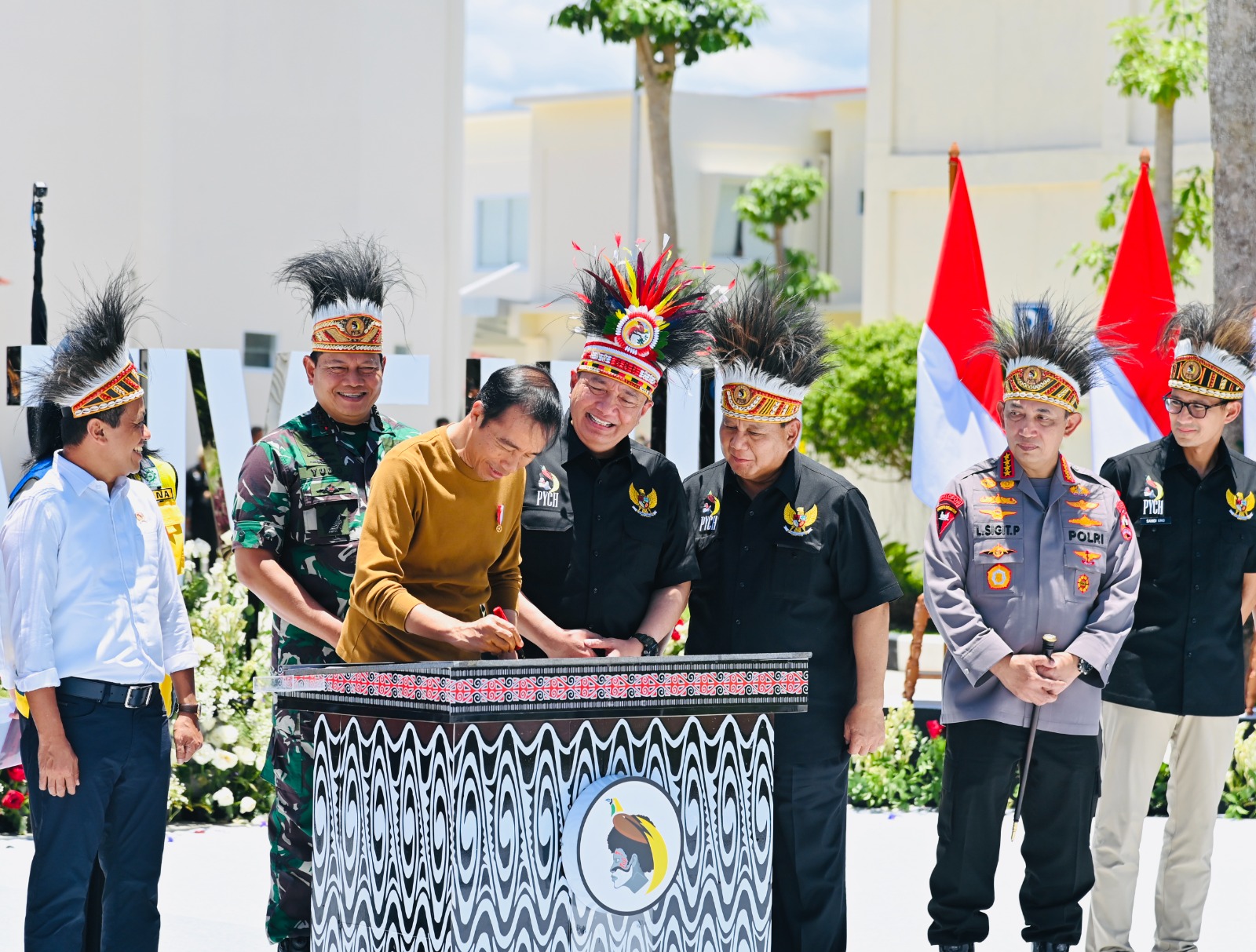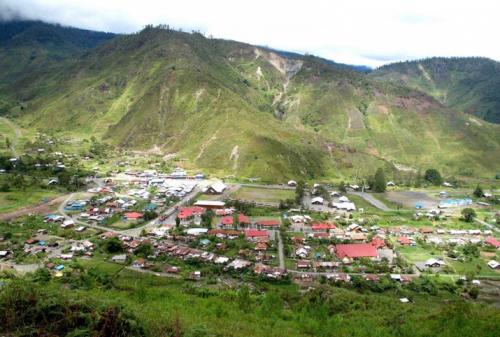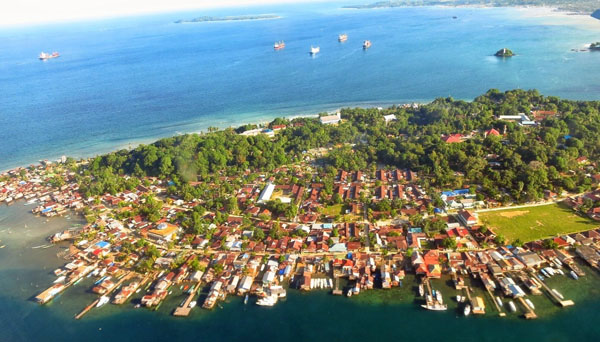
Papua and West Papua provinces are among President Joko Widodo’s top focus in his ambitious infrastructure development program for Indonesia’s remote and under-developed regions.Not everyone supports the program, however, due to the environmental impact it poses and the cost to local communities.Mongabay speaks with Judith J. Dipodiputro, who heads a special presidential working group for Papua and West Papua, about progress, challenges and solutions in both provinces.Dipodiputro believes infrastructure development is crucial for realizing equal rights for Papuans.When Indonesian President Joko Widodo took office in October 2014, he made it clear that one of his key domestic policies was to develop and upgrade infrastructure across the archipelago.The President, popularly known as Jokowi, was confident that his programs to build toll roads, railway lines and more would boost the local economy and raise living standards for communities in the nation’s remotest regions.High up on his list are the provinces of Papua and West Papua, on the island of New Guinea, where human and infrastructure development lag the rest of the country, despite this region being one of the richest in the world in terms of natural resources. The number of residents living below the poverty line in both provinces is more than 25% of the population, more than double the nationwide rate of 10.7%, according to March 2017 data from the Central Statistics Bureau.“If the infrastructure is good, roads and seaports are good, then Papua’s economy will grow faster as logistics distribution for goods and people improves,” the president said during a visit to the region in 2015.Some of Jokowi’s ambitious development plans include the Trans Papua highway, expected to go into operation in 2018; full electrification across Papua and West Papua by 2019, from the current 47%, and building seaports that are part of his nationwide sea tollway program.The amount the government is spending on these programs is significant. Last year alone, Jokowi is reported to have allocated 85.7 trillion rupiah [$6.4billion] to fund development projects in Papua and West Papua.In July, he reiterated the importance of the programs for Papua and West Papua, and called on his cabinet and local government to accelerate infrastructure development in both provinces.“Such massive potential [in Papua and West Papua] must be utilized as much as possible for the people’s welfare,”Jokowi said Not everyone supports a full-on development spree in Papua and West Papua, however. Some experts and conservationists argue that Jokowi’s infrastructure push will damage protected areas in the region and benefit big business at the expense of local communities.The program also have to contend with an armed independence movement there that has waged a low-level insurgency for decades. In September, a petition demanding a free vote on independence for the two provinces was presented to the United Nations. The petition reportedly bore 1.8 million signatures-representing more than 70% of the region’s inhabitants-and was banned by the government in Jakarta. It was eventually rebuffed at UN on a technicality.During the transition period leading up to Jokowi’s inauguration three years ago, a working group called Pokja Papua was created to guide his promises on development in the two provinces. The organization is headed by Judith J. Dipodiputro, a public relations professional with experience in the public and private sectors, as well as civil-society organizations.Dipodiputro previously served as vice president of PR for the Indonesian arm of oil and gas giant Total, leaving in 2012. Prior to that, she was an expert adviser to the Kutai Kartanegara district administration in East Kalimantan province, and before that a part of the PR team at the then-Ministry of Environment.Before Pokja Papua, which became an independence NGO when Jokowi’s transition team was dissolved, Dipodiputro held influential roles at organization such as the Javan Gibbon Foundation and the local economy empowerment group Rumah-Indonesia Foundation.Mongabay recently met with Dipodiputro to talk about the progress of the president’s development programs, the environmental impact, and the government’s solutions for the challenges in Papua and West Papua.




